
A forced marriage with humanitarian consequences
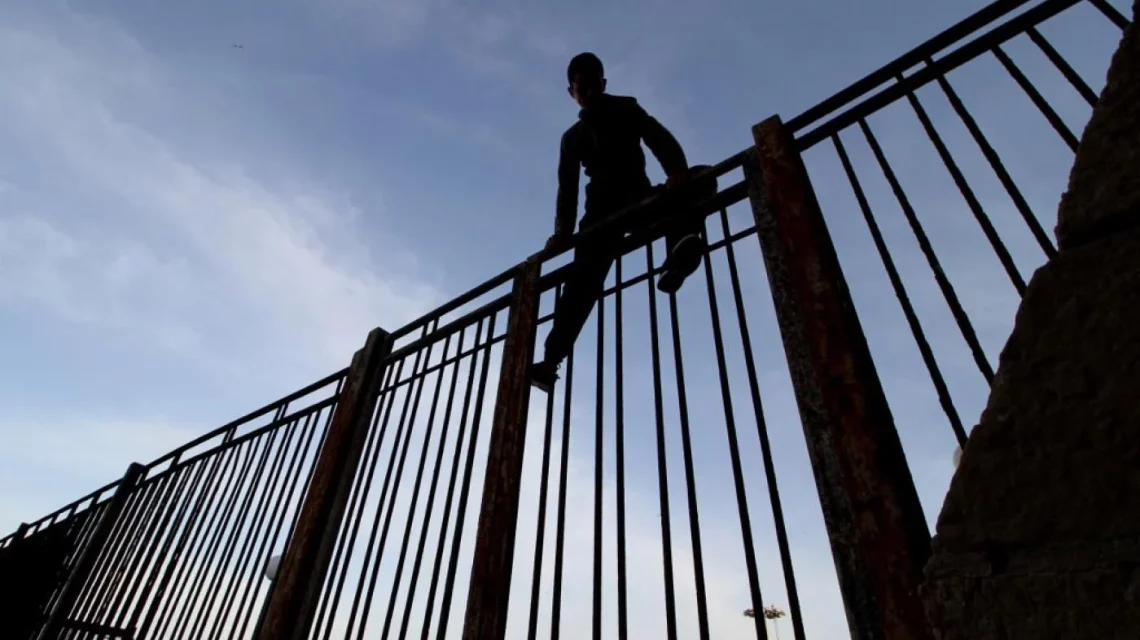
Share on

Umberto Profazio
Associate Fellow for the Conflict, Security and Development Programme at the IISS and Maghreb Analyst for the NATO Defense College Foundation, he regularly publishes on issues such as political developments, security and terrorism in the North Africa region
Archive


The Trump effect
12 February 2025
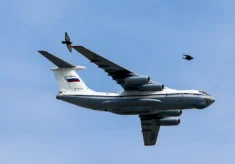
The Syria-Libya express
20 January 2025
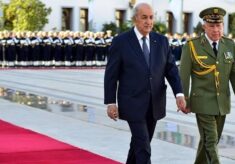
Tightrope
17 January 2025
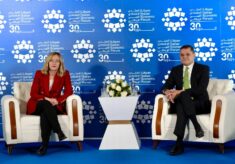
The cost of doing business
2 December 2024
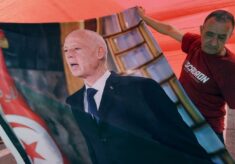
All the President’s men
3 October 2024
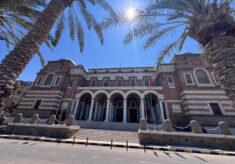
Libya: a central bank in danger
16 September 2024
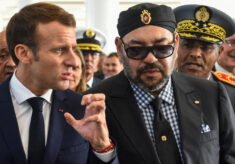
Double-cross diplomacy in the Maghreb
27 August 2024
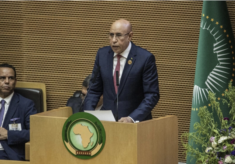
All the roads lead to Nouakchott
23 July 2024
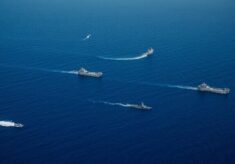
An anchor of stability
18 July 2024
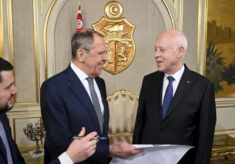
All eyes on Tunis
13 June 2024
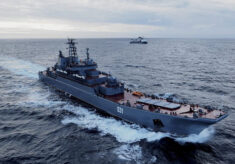
A gateway to Africa
21 May 2024

Sudan and Libya: the revolving doors
8 March 2024

Southern discomfort
7 February 2024

Troubles at the gates
15 January 2024

The square and the tower
7 December 2023

Never waste a crisis with an opportunity
24 October 2023

Shaken to the core
29 September 2023

One step forward, two steps back
31 August 2023

The conundrum of migration
28 July 2023

Return to Moscow
30 June 2023

All quiet on the Western front?
31 May 2023

The wars of the warlords
28 April 2023

Escape from the Maghreb
11 April 2023

A new beginning for the UAE in Libya
6 March 2023

Too big to fail
8 February 2023

